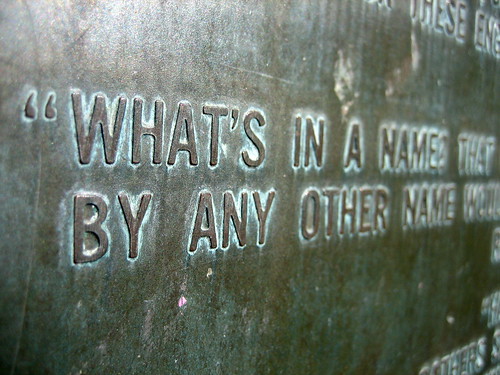Year 8 used the class novel The Giver as a stimulus to discuss the ethics on genetic modification / selection.
"The Giver" is a science fiction novel set in the future in which the protagonist Jonas's community and climate is controlled by the "Elders".
The hypotheses to debate were: 1) Only intelligent people should have children
2) Intelligence is increasing
This was a great forum for students to discuss issues from their cultural perspectives and to find out that in many ways people have similar ideas and that if there are differences, those differences should be accepted and respected.
Deepa












